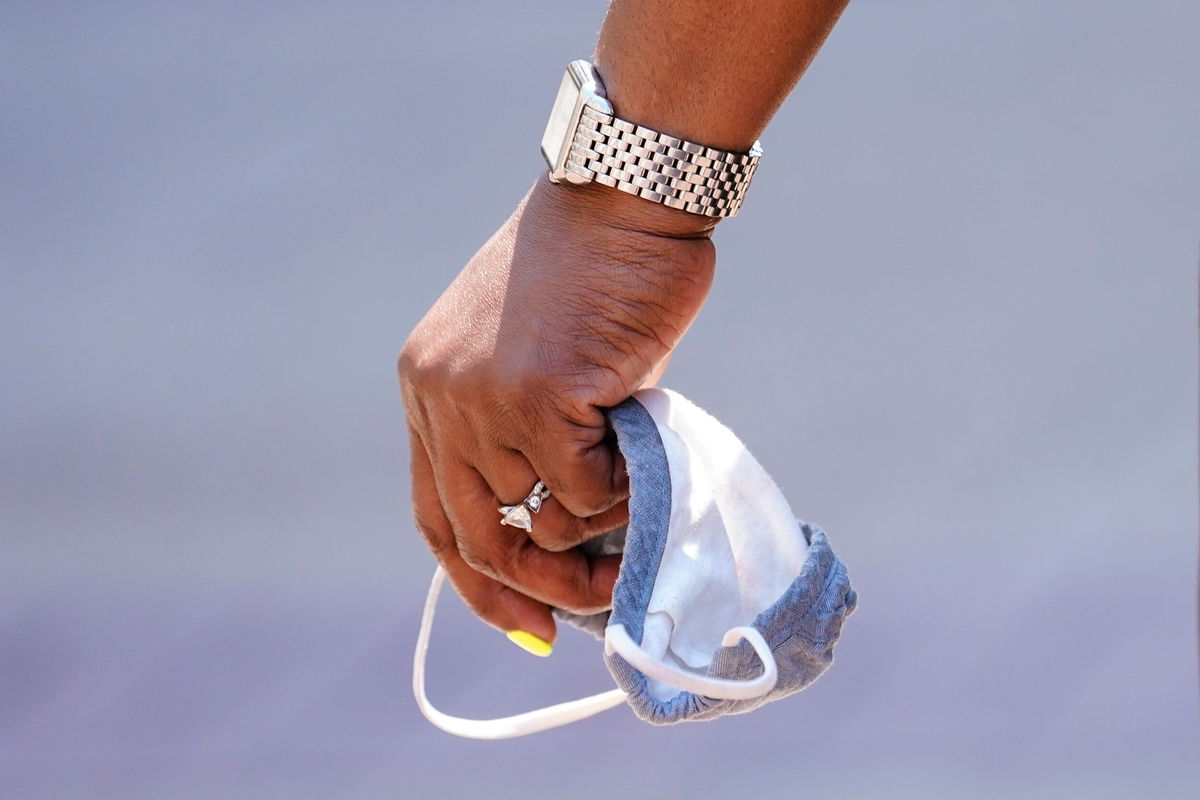Pandemic pessimism is back on the rise, new polling finds

By Ariel Edwards-Levy, CNN
Americans’ concerns about coronavirus are again on the rise after previously hitting their lowest point in the pandemic, according to two surveys released Monday.
Still, worries remain far lower than they were through much of last year, and in many cases, those already vaccinated express more acute concerns than those who have yet to get a shot.
Just 45% of Americans now say the coronavirus situation in the US is getting better, a new Gallup poll finds, significantly down from the 89% who thought things were improving in June. The results mark the first time this year that Americans’ pessimism about the pandemic outweighed their optimism, although belief that the situation is improving remains higher than it was in any of Gallup’s polling on the question last year. In June, just 17% of the public expected disruption to travel, school, work and public events in the US to continue into 2022; now, 42% does.
Americans’ personal concerns about Covid-19 have also risen, the survey finds, although less dramatically. Just 29% say they’re even somewhat worried about getting the virus, up from 17% last month but far below the majorities that said the same through most of last year.
The findings come amid a new rise in cases driven by the rapid spread of the Delta variant, which has sent a surge of largely unvaccinated patients to hospitals and spurred a return to mask mandates in some locales. The pace of new vaccinations has also rebounded in the past two weeks.
Notably, the survey finds “little evidence that people are altering their behavior” from earlier this summer to avoid the virus, with the shares of the public currently isolating themselves, avoiding crowds or public places, opting out of small gatherings, and staying off mass transit all similar in late July to where they stood in June. In the most recent survey, for instance, 40% say they’re avoiding events with large crowds, virtually identical to the 39% who were staying away from those events the month before.
Although the virus poses far more danger to the unvaccinated than those who’ve had the vaccine, a third of vaccinated Americans currently say they’re at least somewhat worried, compared with 20% of those who are not vaccinated.
Gallup’s results largely mirror those of a Monmouth University poll also released Monday, which finds that 65% of Americans now say they’re at least somewhat concerned about a new surge sparked by low vaccination rates, an uptick from the 57% who said the same in June. About half of Americans, 53%, say they’re at least somewhat concerned about someone in their family becoming seriously ill from the coronavirus outbreak, up from 42% in Monmouth’s previous survey.
Concerns specifically about new variants of the coronavirus are highest among those already vaccinated: 48% of Americans say they’re at least somewhat concerned about catching a new variant, a number that rises to 57% among people who’ve gotten at least one dose of a Covid vaccine and falls to just 16% among those who say they’re refusing to get the vaccine. But 47% of those who are unvaccinated and planning to get the shot or are on the fence also express concerns about new variants — a finding that squares with the recent increase in vaccination rates in states where vaccinations have lagged.
About half the public, 52%, say they would support their state instituting or reinstituting face mask and social distancing guidelines in their state, with 46% opposed — a finding reached before the US Centers for Disease Control and Prevention announced updated masking guidelines last week.
Slim majorities of Americans continue to say both that President Joe Biden and that their state’s governor are doing a good job dealing with the pandemic, Monmouth finds. A 55% majority of Americans say that Biden is doing a good job dealing with the coronavirus outbreak, with a similar 54% saying the same about their state’s governor, and 57% giving positive marks to health agencies in the federal government. Just a third, however, say the American public itself is doing a similarly good job.
Just shy of half the public, 46%, say that most of the rising number of Covid-19 cases is due to people who have not been willing to get vaccinated, with roughly seven in 10 believing vaccine refusal played at least some role.
Gallup surveyed 3,475 U.S. adults on July 19-26, using a nationally representative online panel, with a margin of sampling error of ±2 percentage points. Monmouth surveyed 804 adults on July 21-26, using telephone calls conducted by live interviewers, with a margin of sampling error of +/- 3.5 percentage points.
The-CNN-Wire
™ & © 2021 Cable News Network, Inc., a WarnerMedia Company. All rights reserved.